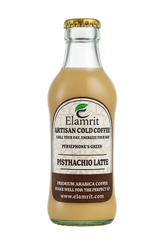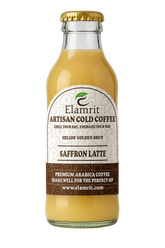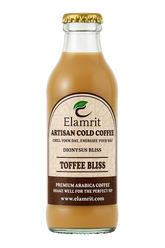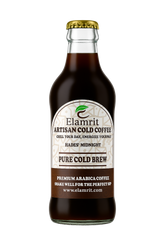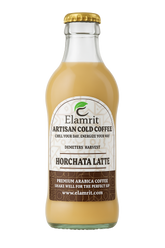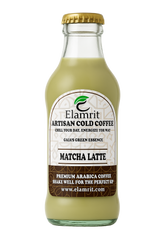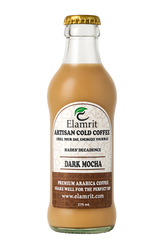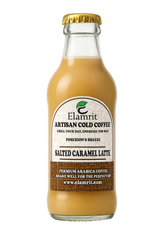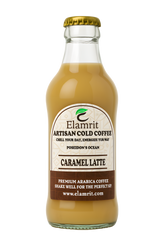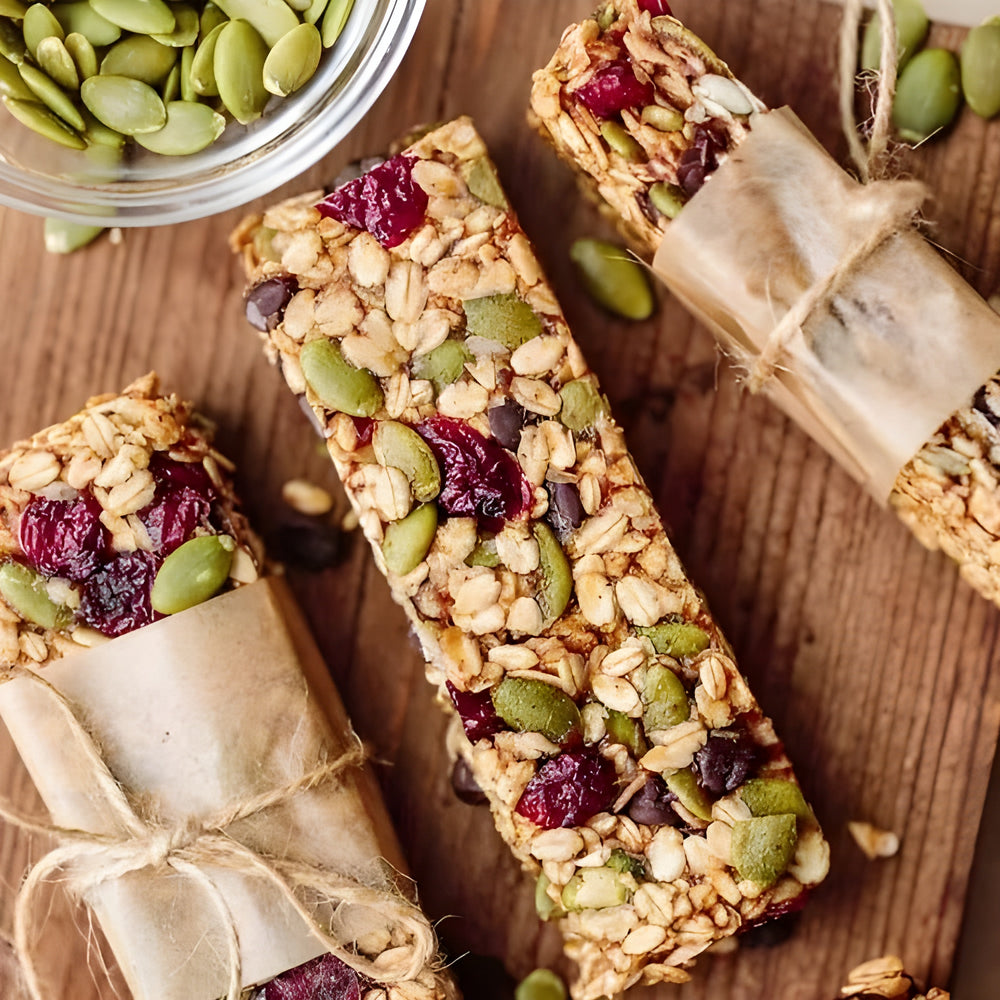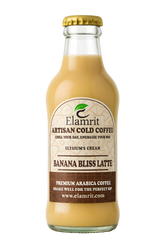Sauerkraut vs Kimchi, Which Fermented Food Is Better For Your Gut
Quick Take
• Both are fermented cabbage, both carry probiotics, which are friendly microbes.
• Kimchi usually has a wider mix of bacteria, because it uses more ingredients.
• Both provide fiber and antioxidants, good for overall health.
• Research is still early, both can influence the gut microbiome, which means the community of
microbes in your gut.
• Both are salty, if you have high blood pressure, limit your portion.
What Are They
Sauerkraut
Shredded cabbage mixed with salt, packed tightly, then left to ferment in an airtight jar. Origin is China,
most people link it with German food. It gives fiber, antioxidants, and usually live probiotics. If you want
live cultures, check the label for words like live cultures or live organisms. Pasteurized versions often
have little to no live bacteria.
Kimchi
Traditional Korean fermented vegetables, usually napa cabbage or radish. It includes seasonings like
red pepper, garlic, ginger, green onion, sometimes fish sauce or shrimp paste. The basic steps are,
brining for a few hours, mixing with spices, fermenting at room temperature for one to two days, or in
the fridge for three to four days. It also provides fiber, antioxidants, and probiotics. For a halal option,
choose kimchi without fish sauce or use a vegan version.
Point Sauerkraut Kimchi
Origin China, popular in German
cuisine Korea
Main
ingredients
Cabbage, salt, sometimes
caraway seeds
Cabbage or radish, salt, red pepper, garlic, ginger, green
onion, sometimes fish sauce
Taste Sour, tangy Spicy, salty, varies by recipe
Probiotics, Simple Guide
• Probiotics are helpful bacteria that support balance in the gut.
• Amounts are measured as CFU, colony forming units. CFUs are often in the billions. More is
not always better, regular intake matters more.
• Sauerkraut often includes Lactobacillus, Leuconostoc, Pediococcus, and others.
• Kimchi often includes Bacillus, Lactobacillus, Leuconostoc, Weissella, and Pediococcus.
• Summary, both are useful, kimchi usually offers a broader mix.
What Does Research Suggest
Sauerkraut
• Some small studies report that people with irritable bowel syndrome felt better after daily
sauerkraut, and one group showed microbiome changes.
• Observational data links higher cabbage and sauerkraut intake with a lower risk of breast
cancer.
• These are early findings, not medical advice.
Kimchi
• Studies report increased microbiome diversity and possible protection against colon
polyps.
• Four weeks of kimchi lowered LDL cholesterol and raised HDL cholesterol in one trial.
• Daily intake showed anti obesity effects in another study, people gained less weight.
• Kimchi also shows anti inflammatory and antioxidant activity in research.
• These findings are promising, results can vary person to person.
Nutrients per cup Sauerkraut [12] Kimchi [13]
Calories 27 23
Protein 1.3 g 1.7 g
Carbohydrates 6.1 g 3.6 g
Fiber 4.1 g 2.4 g
Fat 0.2 g 0.75 g
Sodium 939 mg 747 mg
Which One Should You Choose
• If you like mild and tangy, choose sauerkraut.
• If you enjoy spicy and complex flavors, choose kimchi.
• For maximum probiotic variety, kimchi often wins.
• For higher fiber per cup, sauerkraut is usually a bit higher.
• Best choice, the one you will eat regularly.
Both sauerkraut and kimchi are good for gut health, both give you probiotics, fiber, and
antioxidants. Kimchi usually offers more diverse microbes and a bo


